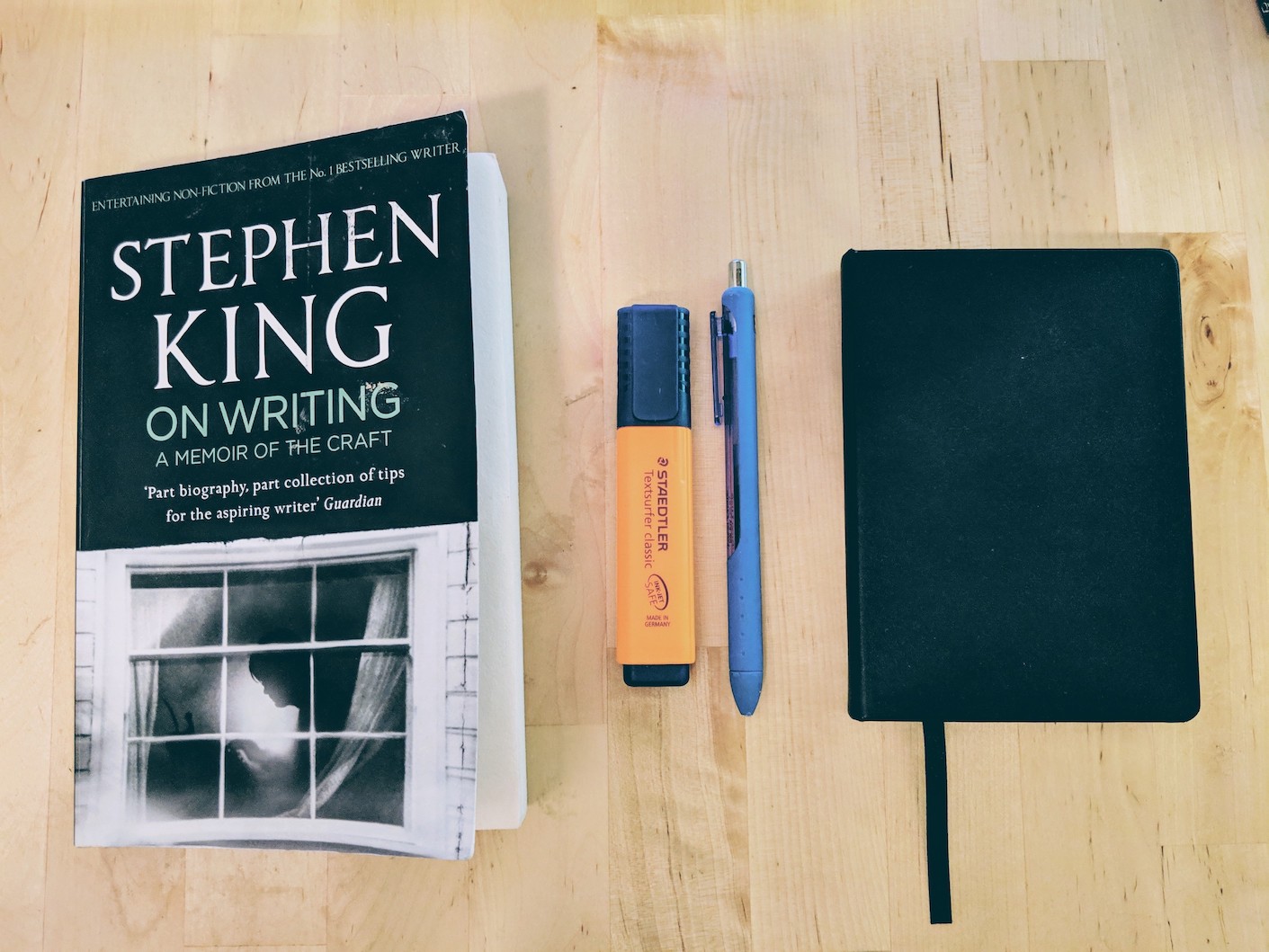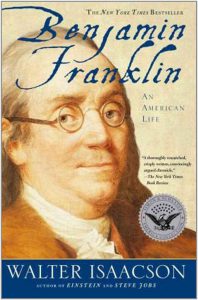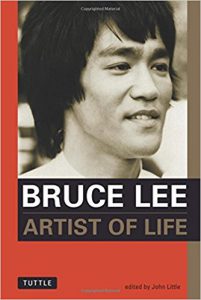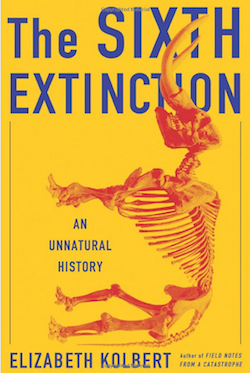
The book is part memoir and part practical advice to writers.
The following points are my takeaways from this book on the latter.
- The book is an attempt to show how one writer was formed. Not how one writer was made. Stephen doesn’t believe writers can be made, either by circumstances or by self-will.
The equipment comes with the original package. Yet it is by no means unusual equipment; large numbers of people have at least some talent as writers and storytellers, and that those talents can be strengthened and sharpened. - Imitation proceeded creation. As a young kid, Stephen would copy entire comic books word for word. At some point, he began to write his own stories.
- Feedback. When creating his own stories at a young age, he would pass them on to his mother and get feedback from her.
- If you are an aspiring writer, get rid of your television.
- Where do ideas come from? There’s no Idea Dump, no Story Central; good story ideas seem to come quite literally from nowhere, sailing at you right out of the empty sky: two previously unrelated ideas come together and make something new under the sun.
Your job isn’t to find these ideas but to recognize them when they show up. - Get used to rejection, and keep trying.
- When presenting your work, run the extra mile and make it look good.
- When doing your own thing, people may think or say that you are wasting your God-given talent. People will try to make you feel lousy about it. Don’t put too much attention on it. Even if your heart feels ashamed, or if you keep hearing their voices on your head, keep trying.
- Advice from his first editor. John Gould:
“When you write a story, you’re telling yourself the story”. “When you rewrite, your main job is taking out all the things that are not the story”
Write with the door closed, rewrite with the door open. Your stuff starts out being just for you, in other words, but then it goes out. Once you know what the story is and get it right. It belongs to anyone who wants to read it. Or criticise it. - Writing is a lonely job. Having someone who believes in you makes a lot of difference.
Stephen’s wife Tabby never voiced a single doubt. - The most important thing that he learned when writing the book Carrie White was that the writer’s original perception of a character or characters may be as erroneous as the reader’s.
Running a close second was the realisation that stopping a piece of work just because it’s hard, either emotionally or imaginatively is a bad idea. - The idea that creative endeavour and mind-altering substances are entwined is one of the great pop-intellectual myths of our time.
Substance abusing writers are just substance abusers.
Any claims that the drugs and alcohol are necessary to dull a finer sensibility are just the usual self-serving bullshit. - You can approach the act of writing with nervousness, excitement, hopefulness, or even despair – the sense that you can never completely put on the page what’s in your mind and heart. You can come to the act with four fists clenched and your eyes narrowed, ready to kick ass and take down names. You can come to it because you want a girl to marry you or because you want to change the world. Come to it
any way but lightly. Let me say it again: you must not come lightly to the blank page. - To write to your best abilities, it
behoves you to construct your own toolbox and then build up enough muscle so you can carry it with you.
Common tools go on top. The commonest of all, the bread of writing, is vocabulary.
Put your vocabulary on the top shelf of your toolbox, and don’t make any conscious effort to improve it. One of the really bad things you can do to your writing is to dress up the vocabulary, looking for long words because you’re maybe a little bit ashamed of your short ones. - Remember that the basic rule of vocabulary is “use the first word that comes to your mind, if it is appropriate and colourful.
- You’ll also want grammar on top shelf of your toolbox.
- Grammar is not just a pain in the ass; it’s the pole you grab to get your thoughts up on their feet and walking.
- Fear is at the root of most bad writing.
Good writing is often about letting go of fear and affectation. - Writing is refined thinking. Writing is seduction.
- You will build a paragraph at a time, constructing these of your vocabulary and your knowledge of grammar and basic style.
- Good writing consists of mastering the fundamentals – vocabulary, grammar, the elements of style.
- If you want to be a writer, you must do two things above all others; read a lot and write a lot.
- It’s hard for me (Stephen King) to believe that people who read very little (or not at all in some cases) should presume to write and expect people to like what they have written, but I know it’s true.
- By the time you step into your new writing space, you should have settled on a daily writing goal. As with physical exercise, it would be best to set this goal low at first. Also, suggest that you take one day a week off.
- What are you going to write about? And the equally big answer: Anything you damn well want. Anything at all … as long as you tell the truth.
- Write what you like, then imbue it with life and make it unique by blending your own personal knowledge of life, friendship, relationships, sex and work. Especially work. People love to read about work.
What you need to remember is that there’s a difference between lecturing about what you know and using it to enrich the story. The latter is good. The former is not. - There is a huge difference between story and plot. Story is honourable and trustworthy; plot is shifty, and best kept under house arrest.
- Honesty in storytelling makes up for a great many stylistic faults.
Description is what makes the reader a sensory participant in the story.Good description is a learned skill.
You can learn only by doing.Description begins withvisualisation of what it is you want the reader to experience.- The key to good description begins with clear seeing and ends with clear writing, the kind of writing that employs fresh images and simple vocabulary.
Practice the art, always reminding yourself that your job is to say what you see, and then get on withyout story. - Dialogue is a skill best learned by people who enjoy talking and listening to others – particularly listening, picking up the accents, rhythms, dialect and slang of various groups.
- The key to writing good dialogue is honesty. And if you are honest about the words coming out of your characters’ mouth, you’ll find that you’ve let yourself in for a fair amount of criticism.
- The best stories always end up being about people rather than the event, which is to say character-driven. Once you get beyond the short story (two to four thousand words, let’s say), the story should always be the boss.
- Good fiction always begins with
story and progresses totheme . - About revising your work – if you are a beginner, let me urge you that you take your story through at least two drafts.
- The most glaring errors I find on the re-read have to do with character motivation.
Underneath, however, I’m always asking myself the Big Questions. The biggest: Is this story coherent? - Each story should be allowed to unfold at its own pace, and that pace is not always double time. Nevertheless, you need to be aware – if you slow the pace down too much, even the most patient reader is apt to grow restive.
- You need to revise your length. Formula: 2nd Draft = 1st Draft – 10%
Back storyback story in as quickly as possible, but it’s also important to do it with some grace.
 A very well documented chronicle.
A very well documented chronicle. This book showcases Bruce Lee’s private notes and letters, revealing his philosophies and advice to others.
This book showcases Bruce Lee’s private notes and letters, revealing his philosophies and advice to others. This book talks about climate change and explains by using examples and facts how humans are contributing to Ocean acidification, over killing species and others events that are leading to a 6th natural extinction; natural scientists argue that there had been 5 extinctions in the past.
This book talks about climate change and explains by using examples and facts how humans are contributing to Ocean acidification, over killing species and others events that are leading to a 6th natural extinction; natural scientists argue that there had been 5 extinctions in the past.